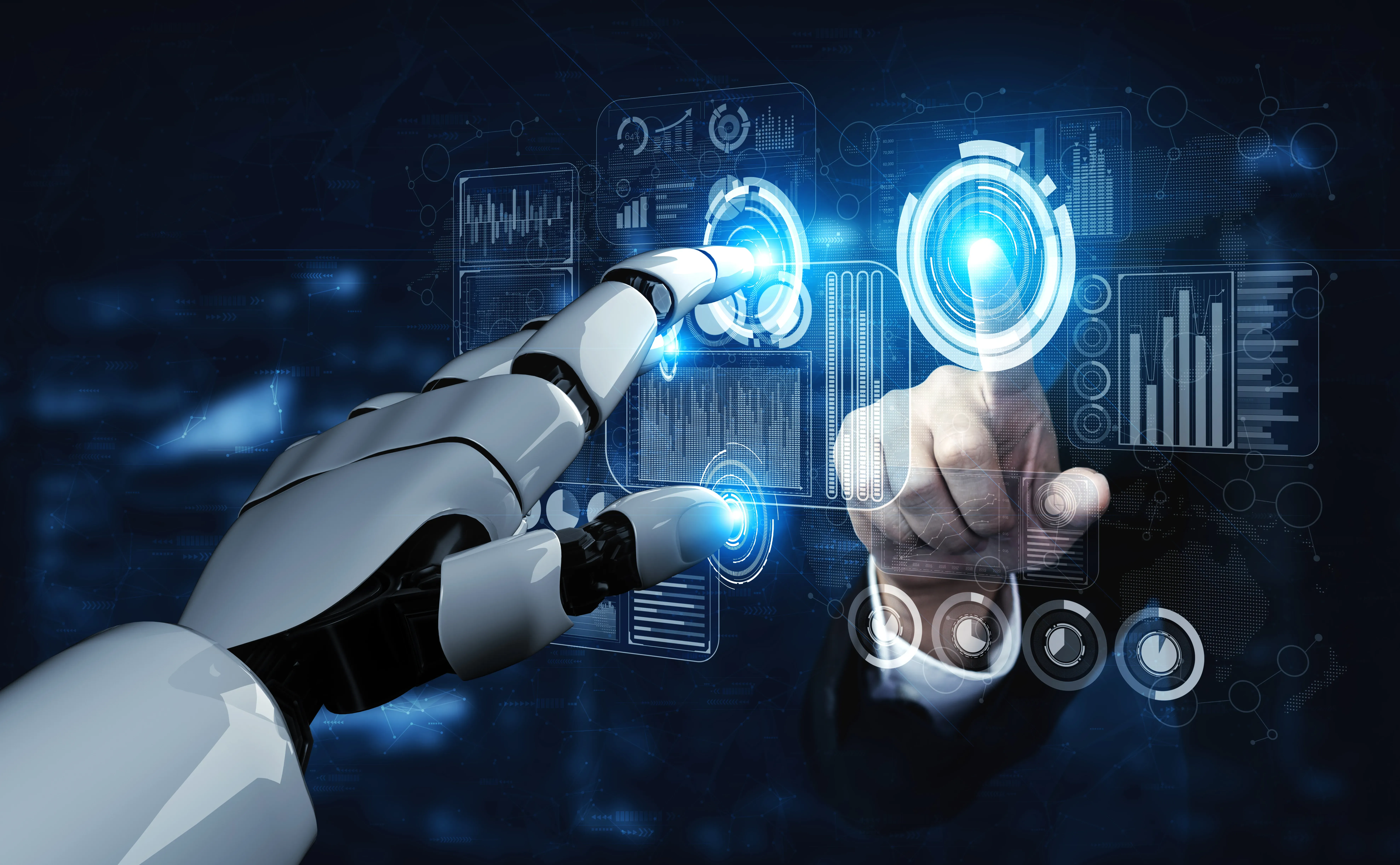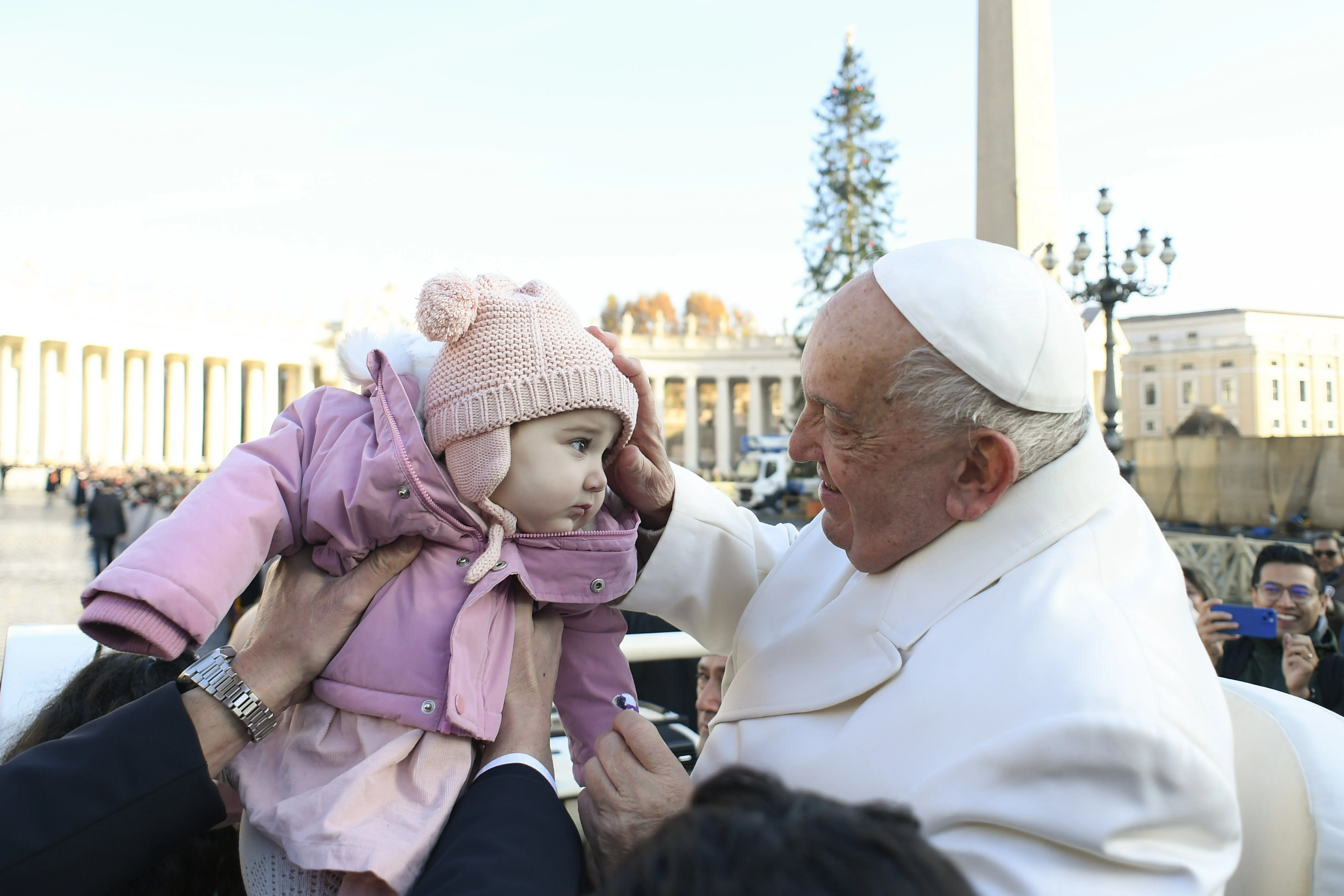“It is crucial that, united as brothers and sisters, we remind the world that in light of the tragedy that is armed conflict, it is urgent to reconsider the development and use of devices like the so-called ‘lethal autonomous weapons’ and ultimately ban their use,” Francis said, renewing a call he made at the G7 summit in Italy in June.
“This starts from an effective and concrete commitment to introduce ever greater and proper human control.”
The two-day conference in Hiroshima brought together tech industry leaders with representatives of world religions including Christianity, Judaism, Islam, Buddhism, Hinduism, Zoroastrianism, Bahá’í, and other Eastern religions.
Brad Smith, the vice chair and president of Microsoft, said that Hiroshima, with its profound place in human history, has served as “a compelling backdrop to help ensure a technology created by humanity serves all of humanity and our common home.”
In one of the opening speeches for the conference, Rabbi Eliezer Simcha Weisz said that “as individuals of faith, we carry a unique responsibility to infuse our pursuit of AI with moral clarity and ethical integrity.”
More than 150 participants from 13 countries took part in the event co-organized by the Vatican’s Pontifical Academy for Life, Japan’s Religions for Peace Japan, the Abu Dhabi Forum for Peace, and the Chief Rabbinate of Israel’s Commission for Interreligious Relations.
Speakers included Amandeep Singh Gill, the U.N. secretary-general’s envoy on technology; Father Paolo Benanti, a professor of technology ethics at the Pontifical Gregorian University in Rome; and a survivor of the atomic bomb in Hiroshima.
The Vatican has been heavily involved in the conversation on artificial intelligence ethics, hosting high-level discussions with scientists and tech executives on the ethics of artificial intelligence since 2016.
The pope has hosted IBM executive John Kelly III, Microsoft’s Smith, and Chuck Robbins, the chief executive of Cisco Systems, in Rome — each of whom has signed the Vatican’s artificial intelligence ethics pledge, the Rome Call for AI Ethics.
The Rome Call, a document by the Pontifical Academy for Life, underlines the need for the ethical use of AI according to the principles of transparency, inclusion, accountability, impartiality, reliability, security, and privacy.








